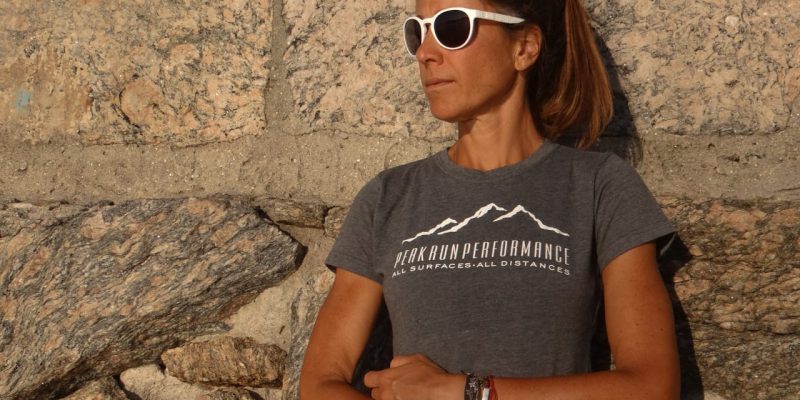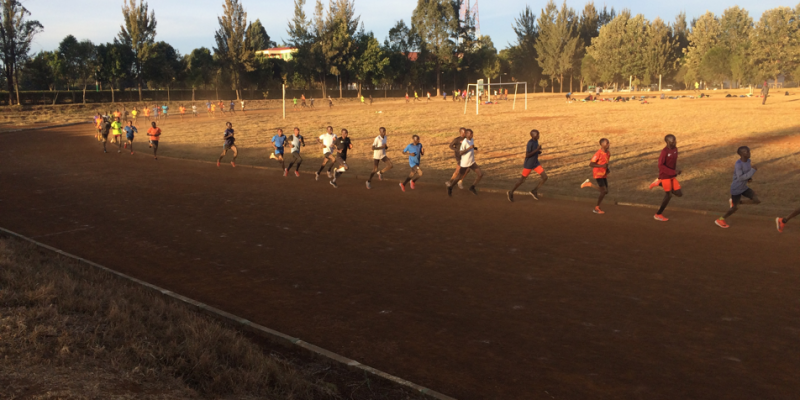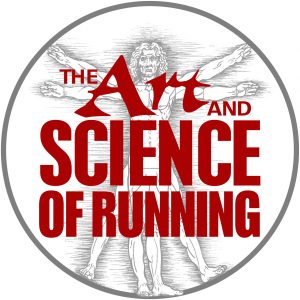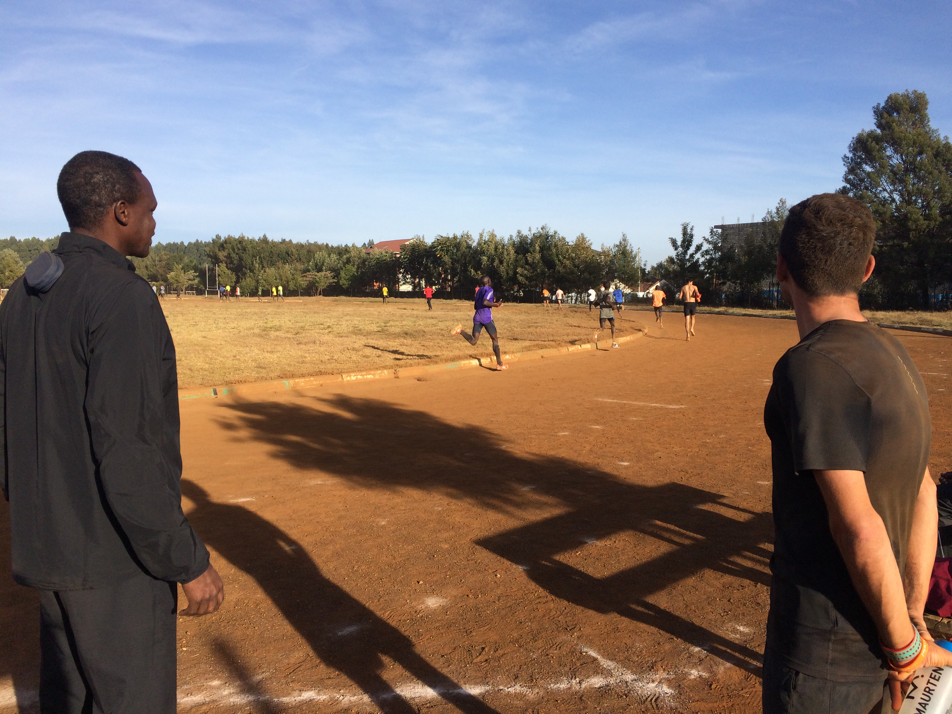In this episode of the Art and Science of Running podcast we speak with international trail and ultrarunning superstar, Manu Vilaseca.
In this conversation, long-time coach, Jacob Puzey, chats with Manu about her experiences at UTMB, moving to a new country and learning a new language, cross training, training for a stage race, and how coaching has helped her become a better runner.
They also discuss how Manu’s background as a multi-sport athlete training in Brazil has informed the way that she trains and coaches those she coaches in Catalunya and beyond. They specifically discuss the old school HIIT workouts, Cruz Intervals, named affectionately after Brazilian mid-distance star, Joaquim Cruz that Manu and Jacob suggest for some of their athletes to work on speed, agility, and power – especially when they aren’t able to train on trails.
Manu hails from Rio de Jainero, Brazil, and currently resides in Moiá, Catalunya where she and her partner, Gerard Morales, lead a group of athletes known as Team Peak Run Moiá.
Manu has a background in product design and a gift for learning languages. She loves travelling to races around the world and learning about the people and the places she explores on foot. To date, Manu speaks Catalan, English, French, Portuguese, and Spanish.
Manu has placed top ten at two of the uber competitive UTMB races, UTMB and TDS and has been ranked top ten in the Ultra Trail World Tour for her top performances at internationally competitive ultramarathons around the world. In 2019, Manu placed 5th at TDS in what she describes as one of the most challenging courses she has encountered thus far.
In addition to training together, Manu and Gerard will be teaming up to to tackle the Everest Trail Race in Nepal. Manu ran it last year and will be returning with her partner to see how they fair against the altitude and the elements.
All of this and more in Episode 10 of the Art and Science of Running Podcast.
Intro and outro music by Dallin Puzey, GOIN 4 A WALK.
Please listen, subscribe and rate this podcast on Apple Podcasts, Spotify, Stitcher, YouTube, or wherever you listen to podcasts.
Please follow us on Twitter, Instagram, and Facebook and let us know what you’d like us to discuss in future episodes.
Podcast: Play in new window | Download
Subscribe: Apple Podcasts | RSS | More





